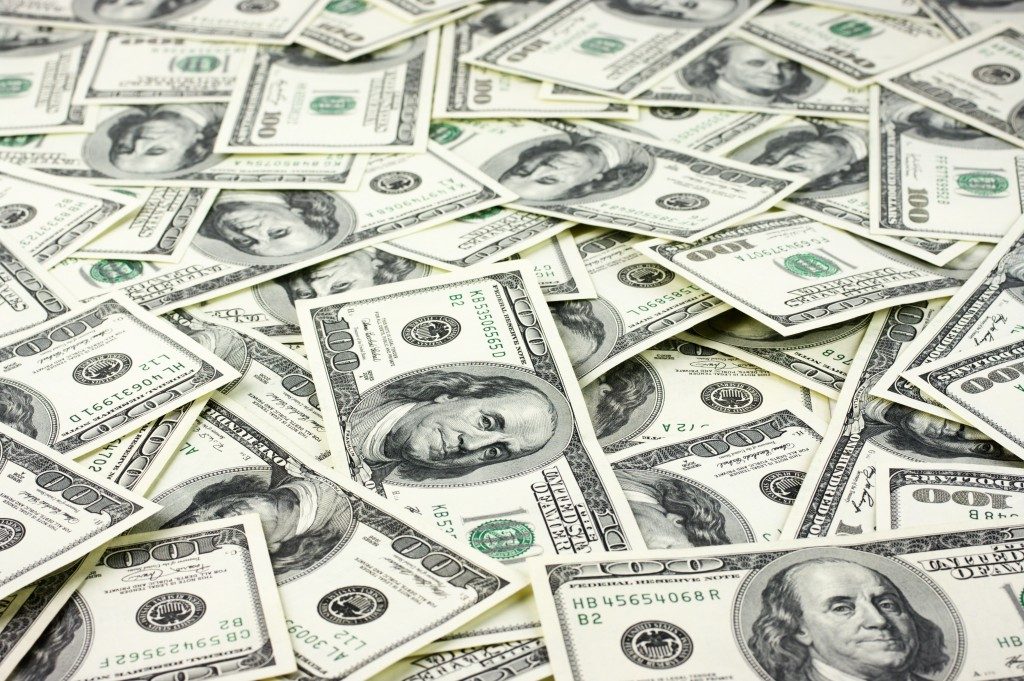For some people, clearing debt is always at the top of the priority, and that should be the norm. Staggering amounts of debt stop us from truly enjoying our lives by worrying where our future paychecks will go.
However, it’s not just about clearing debts as soon as possible; it’s also about doing it wisely. Otherwise, it’s just going to be a cycle — you incur debt, you pay them off, then rinse and repeat. Here are the things you shouldn’t do if you want to get rid of those debts for good.
Tackling your debt issue alone
If you’re tackling mountains of debt for the first time, you shouldn’t go at it singlehandedly. Credit counseling agencies or debt consulting services in places like North Bay can help you get out of your ditch of debt. They will give you sound advice on how to manage your debt, create budget systems, or recover if you’re on the brink of bankruptcy.
Paying off multiple debts at once
It’s commendable how you’re determined to clear your debts, but try not to do it all at once. You don’t only beat up your monthly salary unnecessarily, but you also incur more debt by tackling debts with different interest rates at the same time.
You should allocate your debt budget to the one with the highest interest first, then when that’s paid off, work your way down. Don’t worry; you’ll get through all of them in time.
Forgetting to set up a budget
Setting up a debt budget is simple. First, evaluate your financial status by calculating your income, fixed essential expenses, and variable expenses. From there, you can set aside an amount that you can use for debt payments.
Fixed expenses should only include the bare necessities, such as utility or rent. Meanwhile, variable expenses, such as gas, phone bill, or groceries, can be trimmed down to make way for debt allowance.

Falling for ambiguous loans
In your pursuit of quickly clearing your debts, you might be tempted to take out a home equity loan, so you can pay all of those big debts simultaneously. In reality, you’re just translating those debts into another debt.
To make things worse, you might be subject to a higher interest rate, which, if you aren’t able to pay off, can put your property at risk.
Closing credit lines too soon
While you’d want to clear your credit card debts in the soonest possible time, closing those accounts off might not be helping your credit score.
Aim to pay off your credit card debts, but don’t close them just yet. This shows that even if you have credit available, you can practice discipline by not resorting to it, thus, increasing your credit score.
Sticking to old spending habits
Once you’ve managed to eliminate all your debts, then rejoice! But don’t celebrate by reverting to the unhealthy spending habits that got you in that predicament in the first place.
The end of your debt should signal the start of your thrift efforts. Keep contributing to your retirement fund, start building your emergency savings, purge your possessions, and change your old routine, which used to make you spend more.
It helps to remember that you’re in a pit full of debt for a long time, so you will have to take a while to get out of it. Be patient, and trust that you’re making good enough progress, and you’ll be out of it in no time.

